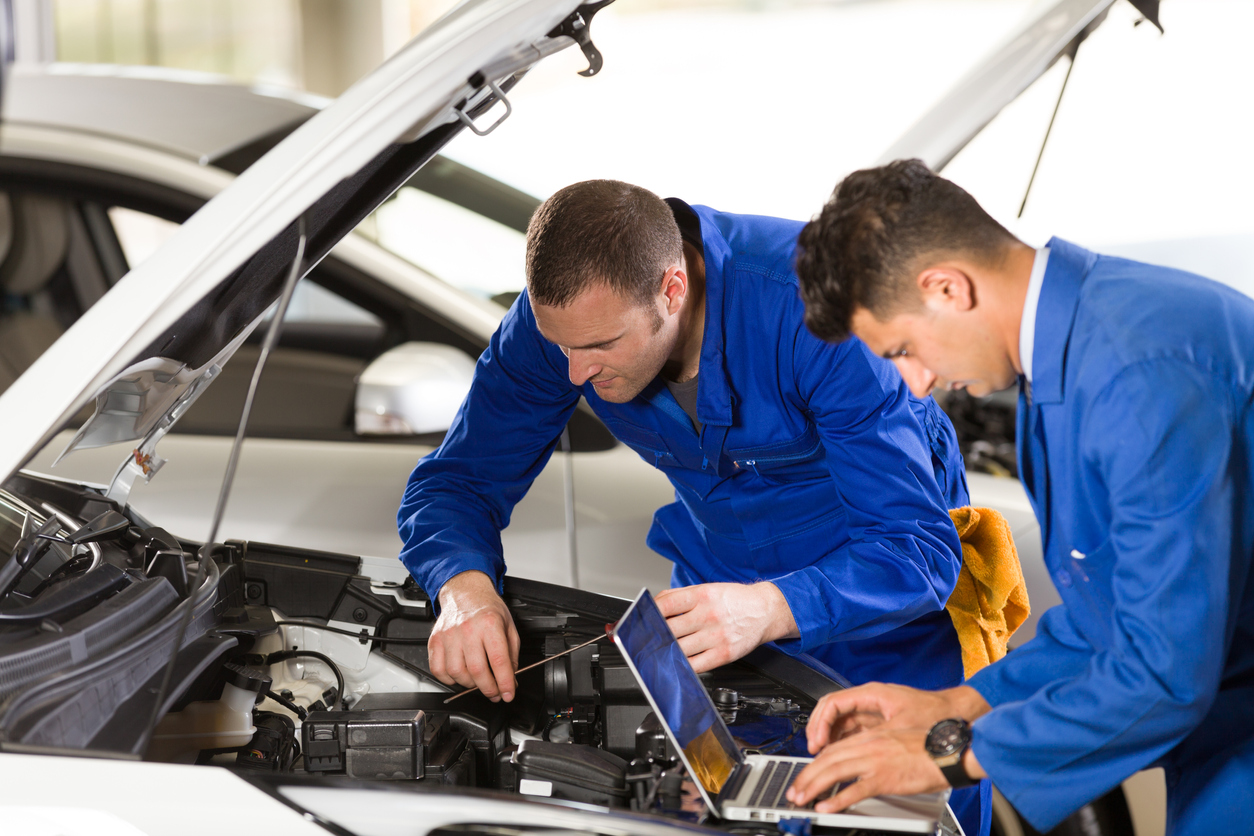All Categories
Featured

[/image]
Regular engine tune-ups are necessary for preserving your automobile's efficiency, enhancing fuel effectiveness, and prolonging its life expectancy. Whether you're a seasoned auto proprietor or a novice, understanding the key aspects of an engine tune-up can aid you keep your auto running efficiently for years. Here are some necessary tips to assist you through the procedure.
- Change the Spark Plugs. Ignition system are little yet magnificent components that play an essential role in stiring up the fuel-air blend in your engine. With time, they can wear out or end up being fouled, resulting in bad engine performance, reduced fuel performance, and hard beginnings.
During a tune-up, check your spark plugs for wear and replace them as needed. For a lot of vehicles, ignition system should be replaced every 30,000 to 100,000 miles, relying on the kind and product. Fresh ignition system ensure efficient combustion and smoother engine operation.
- Check and Replace the Air Filter. The air filter is your engine's very first line of protection versus dust, particles, and various other contaminants. A clogged up or dirty air filter can limit airflow, causing your engine to function more challenging and consume even more fuel.
Examine your air filter throughout a tune-up and change it if it's dirty or previous its advisable solution interval. A tidy air filter boosts engine effectiveness and improves gas economic climate.
- Check the Fuel System. Gradually, your gas system can collect dust and carbon deposits, minimizing engine efficiency and fuel efficiency. Cleansing the gas injectors and fuel lines throughout a tune-up helps keep appropriate gas shipment and combustion.
You can make use of a gas system cleaner or have an expert mechanic execute an extra extensive cleansing. This step is especially helpful for older vehicles or cars often driven in stop-and-go website traffic.
- Inspect the Belts and Hose pipes. Belts and pipes are critical for various engine functions, such as running the alternator, water pump, and cooling. Throughout a tune-up, check for splits, fraying, or signs of wear on these elements.
Replace any type of worn-out belts and hoses to prevent prospective breakdowns. A broken belt or leaking hose pipe can cause engine overheating or loss of power, so resolving these concerns without delay is important.
- Replace the Engine Oil and Oil Filter. Engine oil is vital for lubricating relocating parts, reducing friction, and regulating engine temperature level. In time, oil ends up being polluted and sheds its performance.
As component of a tune-up, change the engine oil and oil filter. Make use of the sort of oil suggested by your lorry's manufacturer and stay with the suggested modification periods. Clean oil maintains your engine running efficiently and prevents premature wear.
- Check the Battery and Billing System. A healthy battery is necessary for beginning your automobile and powering its electric systems. Throughout a tune-up, examine the battery's voltage and examine the terminals for corrosion. Clean the terminals if needed and guarantee a safe and secure connection.
Additionally, examination the alternator and billing system to ensure your battery remains billed throughout procedure. If your battery is weak or old, take into consideration replacing it to avoid unforeseen breakdowns.
- Flush and Fill Up the Coolant. The cooling system controls your engine's temperature, preventing it from overheating. Old or polluted coolant can lose its efficiency, bring about possible engine damage.
During a tune-up, purge the old coolant and change it with a fresh mixture. Additionally, inspect the radiator, thermostat, and pipes for leakages or damages. Maintaining the cooling system in great condition ensures your engine runs at the best temperature level.

- Address Warning Lights and Uncommon Symptoms. Modern vehicles are furnished with diagnostic systems that inform you to potential concerns with control panel caution lights. If your check engine light or any type of various other warning signs get on, resolve them during your tune-up.
Furthermore, pay attention to unusual symptoms such as odd noises, harsh idling, or decreased fuel efficiency. A professional mechanic can detect and deal with these problems during the tune-up procedure.
- Don't Neglect the Exhaust System. Your automobile's exhaust system removes unsafe gases from the engine and ensures correct emissions. Evaluate the exhaust system for leaks, rust, or damage during a tune-up. A faulty exhaust system can affect engine efficiency and lead to environmental and safety and security problems.
- Usage High-Quality Components and Fluids. When changing parts or complementing liquids during a tune-up, always go with high-quality items that satisfy your vehicle's specs. Using subpar parts or incorrect fluids can negatively affect your engine's efficiency and longevity.
Final Thought: Routine Tune-Ups Are Key to Engine Health. Putting in the time to tune up your engine ensures it runs efficiently, saves fuel, and decreases the threat of break downs. Whether you execute these tasks yourself or rely upon a relied on auto mechanic, routine tune-ups are an investment in your vehicle's integrity and durability. Follow these suggestions, and you'll take pleasure in a smoother, more reputable adventure for years to come.
Latest Posts
Recognizing When Your Car Needs Professional Auto Repair at Montclare Auto Repair
Reputable Commercial Roofing Providers by Weathercraft
Why Routine Auto Maintenance at Montclare Auto Repair Reduces Costs